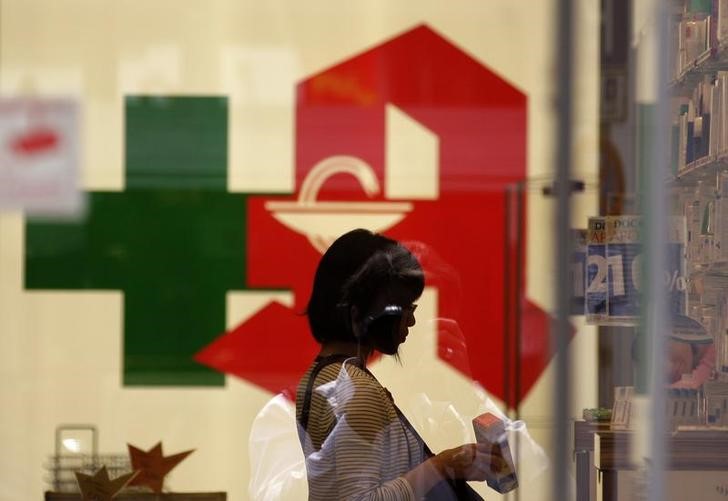(Bloomberg) -- German companies lost confidence in the near-term economic outlook after resurgent coronavirus infections forced new restrictions and raised uncertainty.
The country’s main gauge of business expectations slipped to 92.6 in December, falling for a sixth month, according to the Ifo institute. That’s a bigger decline than predicted by economists in a Bloomberg survey. Current conditions were also assessed as weaker than in November.
The data follow a string of reports highlighting the challenges for Europe’s largest economy as it navigates a fourth pandemic wave that’s come with record numbers of cases. Service providers are suffering from reinstated curbs, while manufacturers are only starting to see an easing of supply bottlenecks.
The Bundesbank acknowledged the problems in updated projections published earlier on Friday though argued that the recovery is only “slightly delayed.”
The economy is seen suffering a setback in the current quarter and the first three months of 2022, before it’ll regain “significant momentum” in the spring amid “substantially” rising private spending. The central bank expects supply bottlenecks to be resolved by the end of next year.
At the same time, the Bundesbank predicts inflation will remain above 2% through 2024 -- an outlook that will amplify calls within Europe’s largest economy for a speedy removal of monetary stimulus. Outgoing President Jens Weidmann is warning that price pressures could be even stronger and warned that the European Central Bank mustn’t ignore those risks.
German consumers, businesses and politicians are increasingly on edge after inflation hit 6% last month. With no replacement named yet for Weidmann, who departs at the end of the year, the team around newly appointed Finance Minister Christian Lindner has tried to assuage concerns, arguing that price stability ranks at the top of their agenda.
Citing a stronger outlook for economic growth and inflation, ECB officials on Thursday announced a gradual reduction in bond purchases next year. An emergency pandemic program will be halted as planned in March, with regular asset purchases temporarily boosted to smooth the transition.
